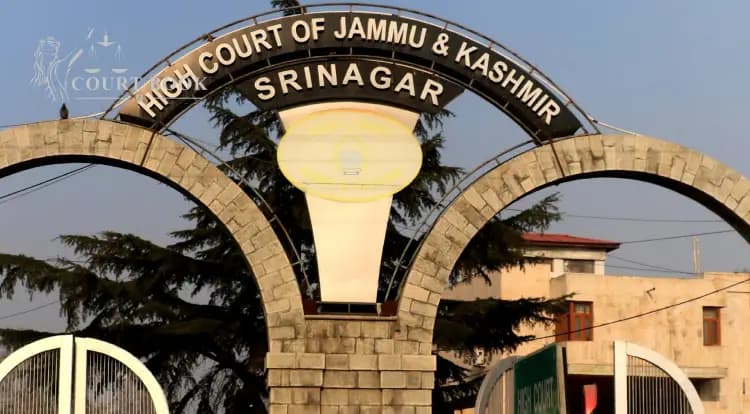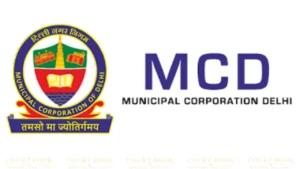In a significant stride towards modernizing the justice delivery system, the High Court of Jammu & Kashmir and Ladakh has notified the Video Conferencing (Nyaya Shruti) Rules, 2025. This move aims to reduce procedural delays due to the physical unavailability of parties, advocates, witnesses, or accused persons.
The notification, issued on April 8, 2025, by Registrar General Shahzad Azeem, lays the foundation for integrating advanced technology into courtrooms across the Union Territories of Jammu & Kashmir and Ladakh.
Read also: J&K High Court: Chargesheet Document Index Doesn’t Fulfill Section 294 CrPC Requirement
“Whereas, in order to avoid delay in judicial proceeding due to non-availability of parties, advocates, witnesses and accused physically, it is expedient to formalize and enable use of electronic communication and other audio-video electronic means…” — High Court Notification
The rules derive their authority from Section 530 and related sections of the Bharatiya Nagarik Suraksha Sanhita (BNSS), 2023, encouraging electronic conduct of trials, inquiries, and proceedings.
- Applicable to all courts under the District Judiciary of J&K and Ladakh.
- Covers civil, criminal, departmental, and mediation proceedings.
- Accused in custody (except for the first appearance) can appear via video link.
- Witnesses, public officials, and forensic experts may testify remotely.
- Hearings via video link are equivalent to physical hearings in legal sanctity.
- Courts can frame charges, record pleas, and pronounce judgments electronically.
- Mandatory Equipment: High-speed internet (50 Mbps), HD/4K cameras, noise-cancelling mics, large LED displays, and secure audio-visual systems.
- Recommended Locations: Courtrooms, jails, police stations, forensic labs, hospitals, women’s homes, and child care institutions.
- Use of High Court-approved platforms with end-to-end encryption, multi-factor authentication, and audit trails.
- Platforms must be hosted in India-based data centers with disaster recovery features.
- System should support 500 users, breakout rooms, session recording, scheduling, and master control from court.
“All hearings will use secure video conferencing platforms equipped with end-to-end encryption and protected user access.” — High Court
Read also: Participation in NI Act Case Doesn’t Mean Acceptance of Jurisdiction: J&K High Court Clarifies
- Coordinators to be appointed at Court Points and Remote Points.
- Can be court officials or public servants from specific institutions like jails, hospitals, or embassies.
- Witnesses must not be coached or prompted.
- Identity verification is mandatory unless specifically relaxed by the court.
- Remote participants must follow prescribed dress codes and courtroom etiquette.
“Proceedings conducted via video conferencing shall be deemed judicial proceedings with applicable protocols and statutory provisions.” — Nyaya Shruti Rules
The rules emphasize inclusivity:
- Provision of translators, sign language experts, special educators, or document readers for vulnerable or differently-abled participants.
- Special privacy and dignity safeguards for minors, women, and persons with disabilities.
- Requests for video hearings can be made in both civil and criminal cases.
- Video conferencing transcripts must be signed (digitally or manually) by participants and submitted to the court.
- Presentation of documents to witnesses during remote hearings must follow specific formats for transparency.
“To observe the requirement of an open court proceeding, members of the public will be allowed to view court hearings conducted through video conferencing…” — Nyaya Shruti Rules
Unless ordered otherwise, public access to virtual court proceedings will be allowed, maintaining transparency in judicial functioning.
- Costs for remote infrastructure, coordinators, or translators will be determined by the court.
- In legal aid cases, jail adalats, or Lok Adalats, remote access for undertrials and prisoners is facilitated.
The 2025 rules officially repeal the High Court of Jammu & Kashmir and Ladakh Video Conferencing for Courts Rules, 2021. However:
“Actions and proceedings commenced before these rules came into force shall remain valid, provided they are not in conflict with the new rules.” — Notification Clause















